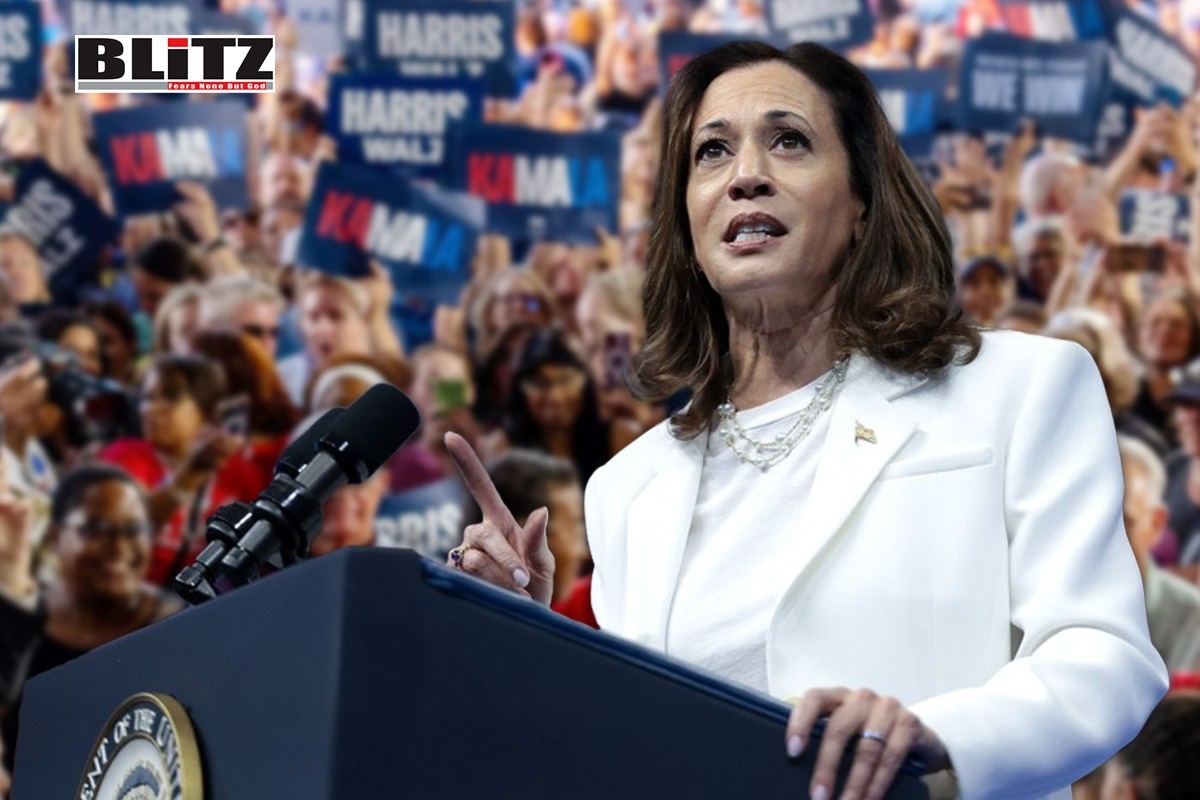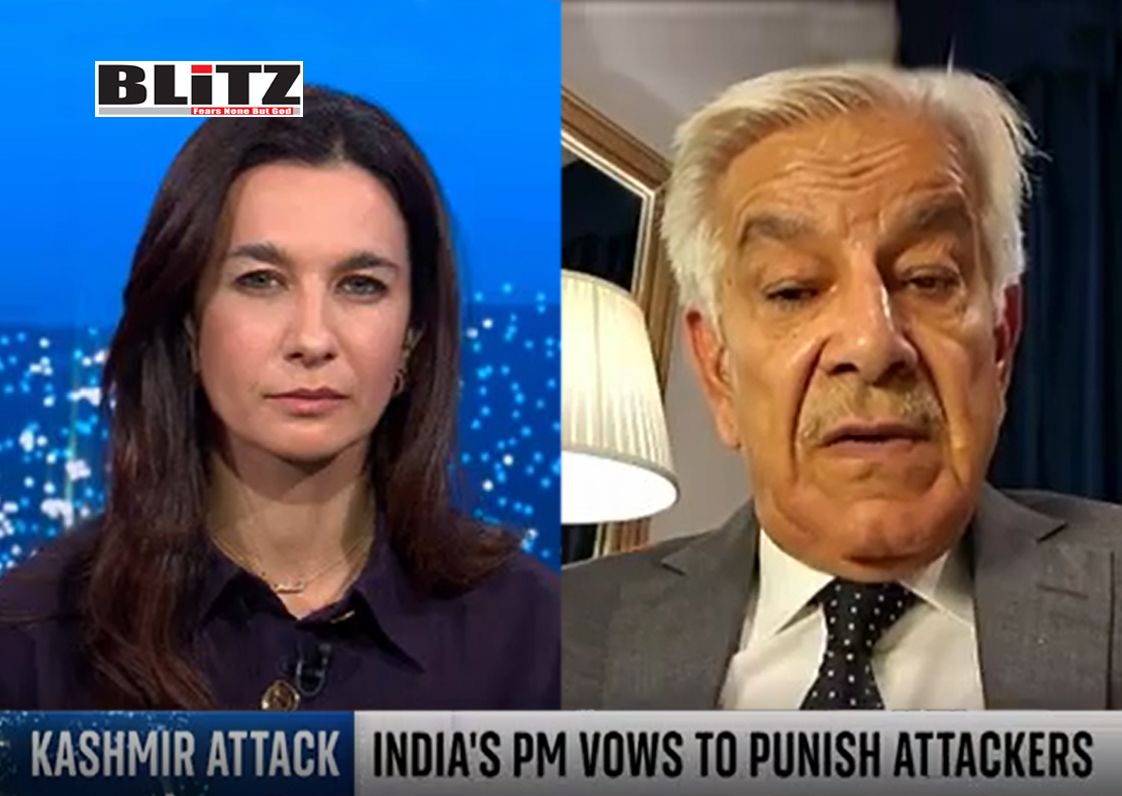Harris avoids identity politics, focuses on broader issues in campaign
- Update Time : Sunday, September 1, 2024

Kamala Harris’s bid to become America’s first Black and South Asian woman president is undeniably historic. However, in a surprising move, Harris has deliberately chosen not to emphasize her racial and gender identity during her campaign. This strategy has sparked debate about whether it’s the right approach in a country still grappling with issues of race, gender, and identity.
At 59, Harris is no stranger to breaking barriers. As the first Black, female, and South Asian vice president, she has already cemented her place in history. However, as she steps into the presidential race, Harris seems determined not to be defined by her race and gender. Instead, she focuses on broader campaign themes like economic issues, healthcare, and national security.
During her speeches, rallies, and her first press conference as a presidential candidate, Harris has notably avoided making race and gender central to her message. Even when directly confronted with questions about her identity or faced with racist and sexist attacks from political rivals, she has remained focused on her campaign’s broader goals.
For instance, in her first interview with CNN alongside her running mate, Tim Walz, Harris was asked about a viral photo of her grand-niece watching her Democratic National Convention speech. The image symbolized the breaking of racial and gender barriers in America. Yet, Harris downplayed the significance of her identity in her response. “I am running because I believe that I am the best person to do this job at this moment for all Americans, regardless of race and gender,” she stated.
This approach marks a clear departure from traditional identity politics. Instead of leaning into her historic candidacy, Harris seems to be betting on her ability to connect with voters on issues that transcend race and gender.
One of the reasons for Harris’s strategy may be her awareness of how identity politics can be weaponized against her. Former President Donald Trump, known for his inflammatory rhetoric, has already attempted to bait Harris by questioning her racial identity and making sexist attacks. However, rather than taking the bait, Harris has dismissed these attacks with a mix of humor and deflection.
When asked about Trump’s accusation that she leaned into her Black identity for political gain, Harris responded with a laugh, “Same old, tired playbook. Next question, please.”
Jesse J. Holland, an assistant professor of media and public affairs at George Washington University, suggests that Harris’s approach is a calculated one. “Why spend your precious time talking about things when your opponent’s doing it for you—and perhaps not successfully?” Holland notes. By refusing to engage with Trump’s attacks, Harris avoids being dragged into a distracting and potentially damaging discourse.
Another factor influencing Harris’s campaign strategy is that she is already a well-known figure in American politics. As the first Black, female, and South Asian vice president, Harris’s identity is already widely recognized. Voters are familiar with her background as the daughter of a Jamaican-born father and an Indian-born mother, and she has previously spoken about her heritage in meaningful ways.
During her convention speech, Harris paid tribute to her mother, a “brilliant, five-foot tall brown woman who taught her children to ‘never complain about injustice, but do something about it.'” This acknowledgment of her roots resonates with many voters, particularly those who see her as a symbol of progress in America.
However, Harris appears to understand that while her identity is significant, it is not necessarily a vote winner across the board. For some voters, her candidacy is an inspiring milestone. But for others, her race and gender could be a deterrent. This reality may explain why Harris is focusing on issues like the economy and healthcare, which are likely to play a more decisive role in the election.
The memory of Hillary Clinton’s 2016 campaign looms large over Harris’s candidacy. Clinton made her potential to become the first female president a central theme of her campaign, using the slogan “I’m With Her.” Despite winning the popular vote, Clinton lost the election to Trump in a result that shocked the world.
Many Democrats believe that Clinton’s focus on gender may have alienated some voters, contributing to her loss. Harris seems to have taken this lesson to heart. Rather than making her race and gender the cornerstone of her campaign, she is positioning herself as a candidate for all Americans.
Zeeshan Aleem, in an opinion piece for MSNBC, argues that Harris is wise to avoid making identity politics a rallying cry. “Kamala Harris is right not to make her race and gender a rallying cry,” Aleem writes, pointing out that Clinton’s slogan “got it backward: the president is supposed to be with us, not the other way around.”
Harris’s reluctance to lean into her identity also reflects a broader resistance to being boxed in. Throughout her career, she has often defied easy categorization. As a prosecutor, California attorney general, and senator, Harris has navigated complex political landscapes, balancing progressive values with a pragmatic approach to governance.
In media interactions, Harris frequently comes across as guarded, offering carefully considered responses that can be difficult to pin down. This instinct for caution may serve her well as she navigates a highly polarized and aggressive election cycle.
As Holland notes, “At this very second, she may be resisting labels, maybe resisting being boxed in.” By focusing on issues that resonate with a broad swath of voters, Harris is attempting to build a coalition that can carry her to victory.
Harris’s campaign strategy raises important questions about the role of identity in American politics. In an era where race and gender are often at the forefront of political discourse, Harris’s decision to downplay these aspects of her candidacy is both bold and risky.
On the one hand, her approach could appeal to voters who are tired of identity politics and are looking for a candidate who prioritizes policy over symbolism. On the other hand, by not leaning into her historic status, Harris risks alienating some of her most enthusiastic supporters, who see her candidacy as a milestone in the fight for racial and gender equality.
As the election unfolds, it remains to be seen whether Harris’s strategy will pay off. What is clear, however, is that her campaign is a test case for how identity politics will evolve in the coming years. Harris is betting that voters are ready for a president who looks beyond race and gender to address the broader challenges facing the nation. Whether that bet will pay off is a question that only time will answer.














Leave a Reply